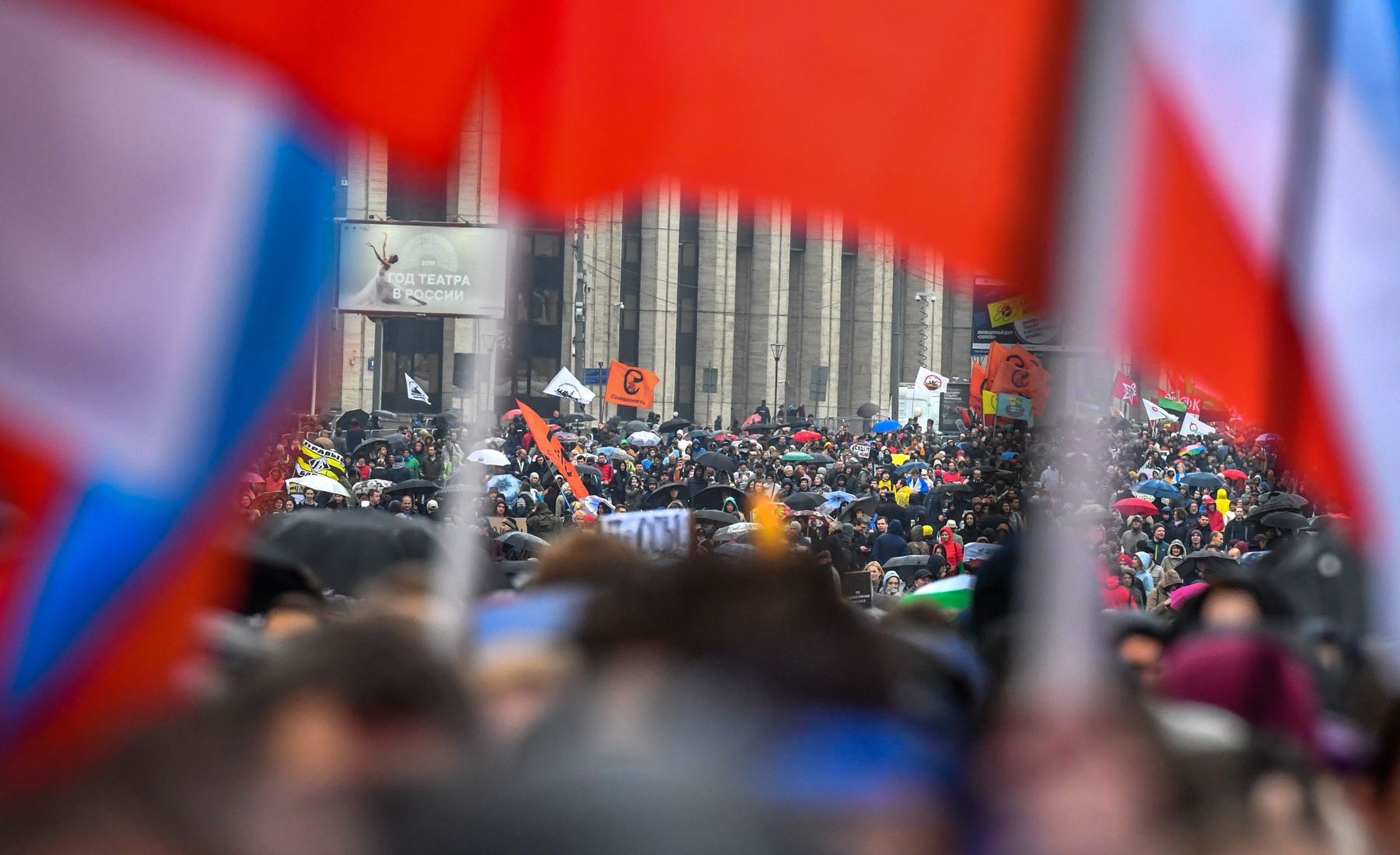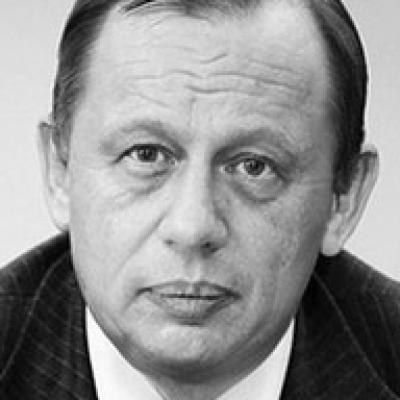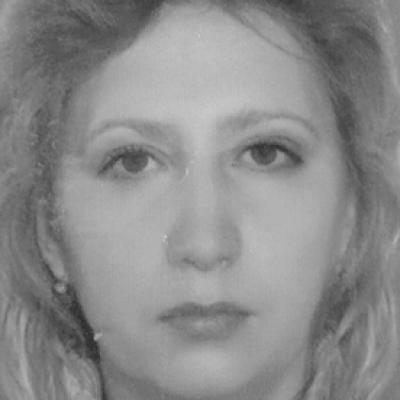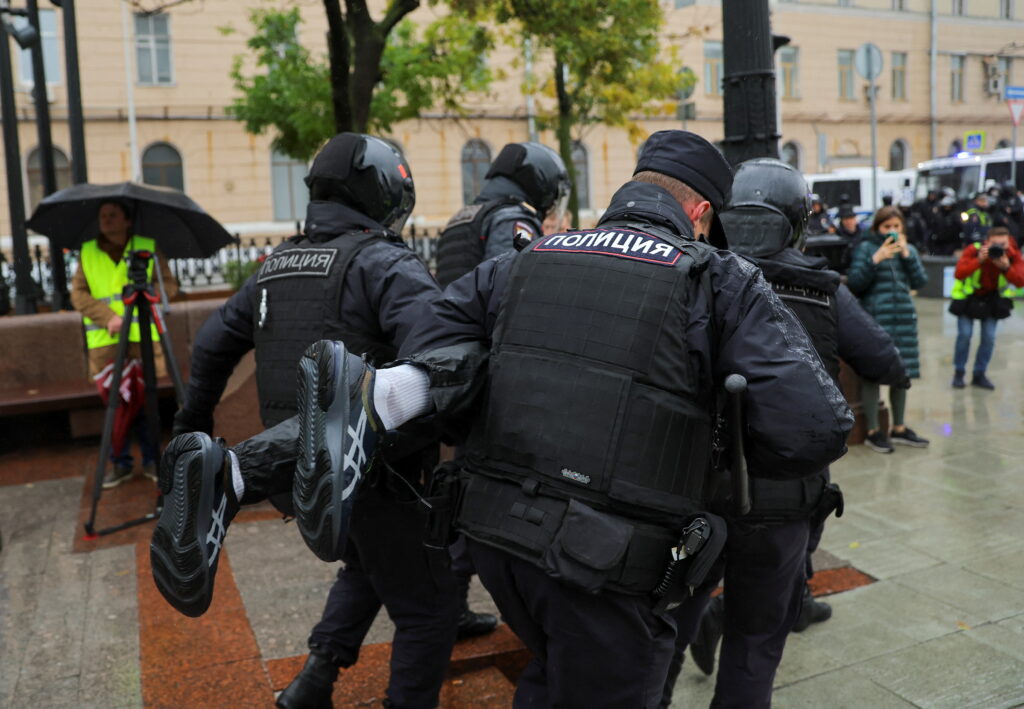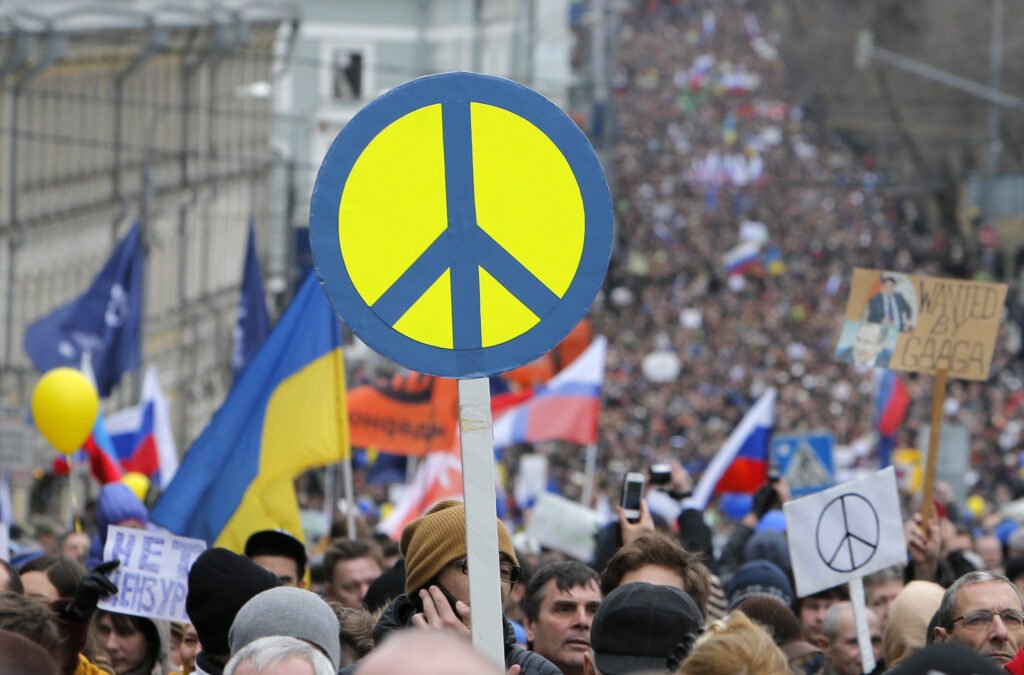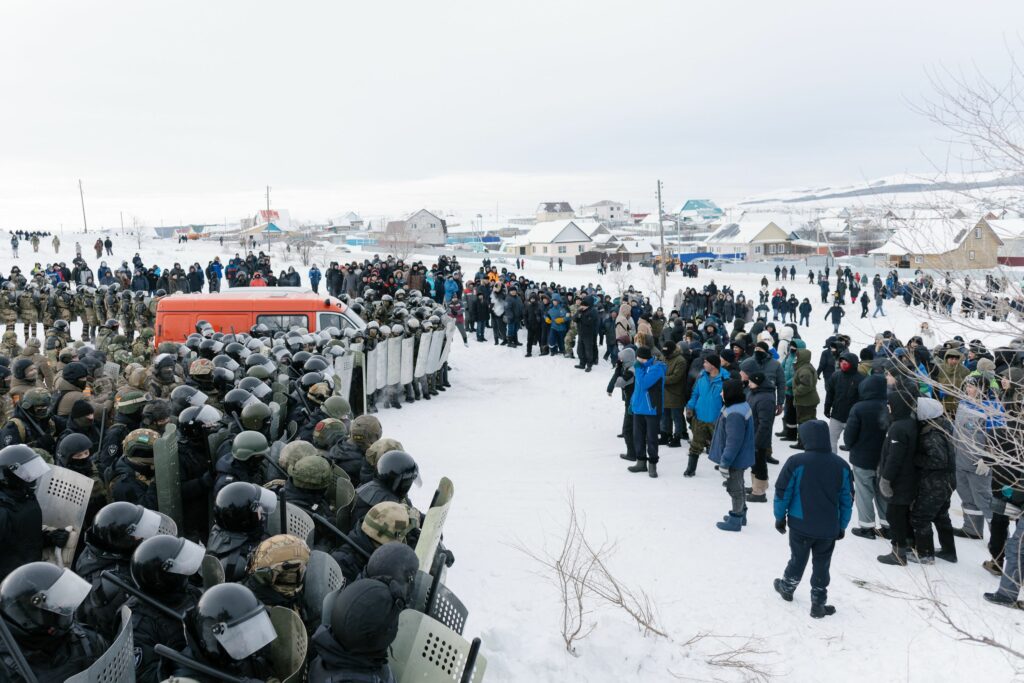This article is based on a series of interviews conducted by the Belanovsky Group with representatives of the Russian non-systemic opposition in July-August 2020. In total, 60 people were interviewed belonging to the following parties and movements: PARNAS, Yabloko, Open Russia, New People, the Anti-Corruption Foundation, and the Voice of the Far East. Some of the respondents do not identify themselves with any movement but cooperate with local branches of opposition structures (sometimes with several). Research geography – Moscow, St. Petersburg, Yekaterinburg, Nizhny Novgorod, Rostov-on-Don, Tomsk, Khabarovsk. Both ordinary members of the movements and their leaders / ideologists were interviewed. Below, the opinions of ordinary participants will mainly be presented; the opinions of leaders require separate analysis. The aim of the study was to identify the range of ideas that, in the event of radical changes in the existing government, could shape a new agenda.
The study assumed the existence of two ideological axes: the imperial democrats and the socialist liberals. Most of the respondents identified themselves as democrats. The imperial ideological discourse at this stage of the work was not fully presented. For this reason, the results of the study are preliminary and incomplete. The overall political picture cannot be described without an analysis of imperial views.
As for the liberals and socialists, here we must deal with eclectic worldviews (along the line of democrats-imperials, on the contrary, there is a sharp demarcation). Besides, the meaning of the words “liberals” and “socialists” among ordinary participants in movements differs from their meaning in political terminology.
The ideological platform of most representatives of the democratic opposition is vague. Most call themselves liberals but prefer to get away from the question of whether they are right-wing or left-wing liberals. Clarifying questions lead us to a conclusion about the prevalence of an eclectic worldview: on the one hand, the respondents advocate a decrease in the role of the state, business development and tax cuts; on the other, they support free medicine and education, a progressive taxation scale, and developed social welfare. All these views are often said in a row in one phrase or paragraph.
- State interference in the life of citizens should be minimal, but social guarantees are needed.
- There should be no taxes levied on minimum wages, and as wages rise, the tax should rise.
Important values as indicated by the respondents: personal freedom, democratic electoral system, political competition, equality of opportunity, social assistance.
- In an ideological sense, I support democratic values, advocate judicial reform, as well as a change of government. We need to de-communize the authorities, remove all the monuments to Lenin, and rehabilitate political prisoners.
- My ideology today is to return normality to Russia, from elections to the economy and social sphere. We also need normal federalism.
- My Ideological platform – fight against corruption, democratic, liberal values. I can’t say anything else.
Each movement has its own program based on the ideals of democracy. That is, the declared goals coincide. Only the ways and means of achieving them differ. They talk mainly about political development – parliamentarism, federalism, various freedoms.
- It is necessary to transfer a significant part of the powers to the parliament. We need a system of separation of powers.
- An independent media is needed, which should lead to a decrease in the scale of corruption. Normal federalism is needed, this will help to avoid separatism.
- First, the rotation of power, its accountability to the population is important.
The overwhelming majority of the respondents have a poor idea of an economic program. As a rule, they are not concerned with economic topics. The questions asked are answered evasively; they do not consider themselves specialists. The idea was repeatedly voiced that, if necessary, it would be necessary to attract specialists.
- As for the economic platform, I cannot say anything. There are specialists for this. But I can say that we need to check the legality of the privatization of the 1990s.
- I cannot say anything about the economic platform. It is not my thing at all. My task is to save people.
- As soon as the government changes, we will appoint competent specialists in any area.
The respondents touched upon the issues of social policy in passing, mainly talking about the welfare state. They often repeated (perhaps without realizing it) the national development programs proposed by the Kremlin.
- First, entrepreneurship training is needed. So that everyone can learn. (to the interviewer’s comment that such programs already exist, the respondent replied: Those programs are not enough).
- Regarding medicine, there should be compulsory free insurance, but these services will be associated with certain discomfort – queues, waiting for appointments to a doctor for months – which will force citizens to apply for paid services if necessary.
Among other policy statements, judicial reform, and the development of democracy at the municipal level were highlighted more often than others.
Statements about judicial reform were limited to the basic confirmation that it was necessary. The only concretizing statement was the thesis about the independence of the court.
- For me, independent courts, freedom of speech, freedom of the media are important. If I came to power now, I would start by reforming the judicial system (independence), reforming the Ministry of Internal Affairs.
- Judicial reform, independent courts are needed.
Regarding the development of municipal democracy, the respondents favor maximum political competition and the involvement of the population in decision-making (the question of self-government finances was not raised).
- Local government is a new type of leadership, distributed leadership, which creates a competitive environment in which there are many politicians. Moreover, it creates a networked effort of many people working on a common idea.
Summarizing, we can say that the ultimate goal of the opposition is the idea of democracy with a pronounced lack of understanding of the issues of state structure, economics and other spheres of public life, as well as a real assessment of the current situation. The solution of all problems is postponed until later when democracy wins. This leads to an atmosphere of expectation of a social miracle that will supposedly come true when the existing regime is replaced by a democratic one. This expectation is what really unites ordinary representatives of the democratic opposition today.
- It is hard for me to talk about what we will do next. First, you need to break the existing political system, increase the political representation of the people in power, and then you can hire specialists to decide what to do.
The conducted research, despite its incompleteness, allows us to conclude that there is a gap between the real programs of state and economic reforms and ideas about these reforms among the democratic opposition. Realistically minded leaders and ideologues understand this problem.
- The main problem of modern democracy is the gap between the competences of the political elite and the population. Voters need to be told what they can understand, not what the political elites actually do (I worked as an assistant to several governors, I felt this gap). We cannot do what the voters want, we speak different languages with them.
- When the slogan “Leave our taxes in the region!” takes to the streets, no one can explain which taxes should be left, and what the consequences will be. Of course, the people should have representatives in the form of deputies. But with what people go to them? Not with the question of taxes, but with the question of playgrounds. It is in this language that one should speak.
- In conditions of limited resources, we convey to people the messages that reach them better.
In opposition circles today, regime change is a priority in the absence of a follow-up agenda. This is also shown by the events in Belarus and, indirectly, in the Khabarovsk Region. Opposition leaders understand this too.
- There can be no all-Russian agenda, except for a change of regime.
- Under our dictatorship, everything is black and white: you are either for the current system, or against. The nature of the regime unites all oppositionists, even with diametrically opposed views.
Hence, there is a danger that, in the event of sudden democratic transformations, the discussion of concrete steps will drown in a stream of insoluble political conflicts, which will entail disorganization of governance and another crisis. This could result in a massive return to the idea of a “strong hand” that will restore order.
For this reason, it is necessary to think in advance about the specific steps that the new government will have to take. The broadest possible consensus is needed on key issues. You should not try to cover all problematic issues; it is important to limit yourself to those that do not cause controversy and doubt.
The program should be not so much oppositional (directed against the authorities) as alternative and independent. At the same time, it should include an analysis of forbidden topics, primarily foreign policy.
Unfortunately, the expert teams that exist today are outdated, burned out and personally aged. Opposition leaders are aware of this problem.
- Developing a good program is difficult, expensive, because experts must be paid, and useless because experts are demotivated.
- The quality of strategic documents developed by expert teams fell in the tenths, especially after 2018.
The way out is seen in attracting representatives of the managerial elite, both state and business, to expert work. These people do not participate in the development of strategic programs and may not have the necessary skills for this, but willingly give their opinions in interviews. An example is the activities of the RBC channel and partly OTR, which often manage to attract strong experts. However, the work of these channels is constrained by a certain framework, and they do not set themselves the task of systematizing expert ideas.
Opposition leaders who have worked in government agencies and big business understand that high and middle-level officials do not always agree with the policies they are pursuing on orders from above. Their experience and qualifications enable them to identify and articulate problems to be solved. This knowledge will remain in demand when the political system changes. The opposition should view such people (hidden dissidents in power) not as enemies, but as allies with whom it is necessary to establish cooperation.
An example of how significant changes in the work of the administrative apparatus can occur with a change in political attitudes is the activities of the ex-governor of the Khabarovsk Region Sergei Furgal. Here is an important testimony from the respondent:
- There were not many reductions in the administration. He integrated into the system that already existed, but it began to work differently with him
In this context, the opposition’s demand for Putin’s resignation does not look so naive. However, it would be a big mistake to declare obstruction to the control apparatus. In their time, the Bolsheviks understood this very quickly; Boris Yeltsin understood this from the beginning. The goal should not be confrontation, but the achievement of a national consensus, at least on key issues. The main means is to seek contacts with the tacit opposition within the state apparatus and rely on their qualified opinion.
* The authors thank Irina Zaitseva and Elena Cherepanova for participating in conducting the survey
